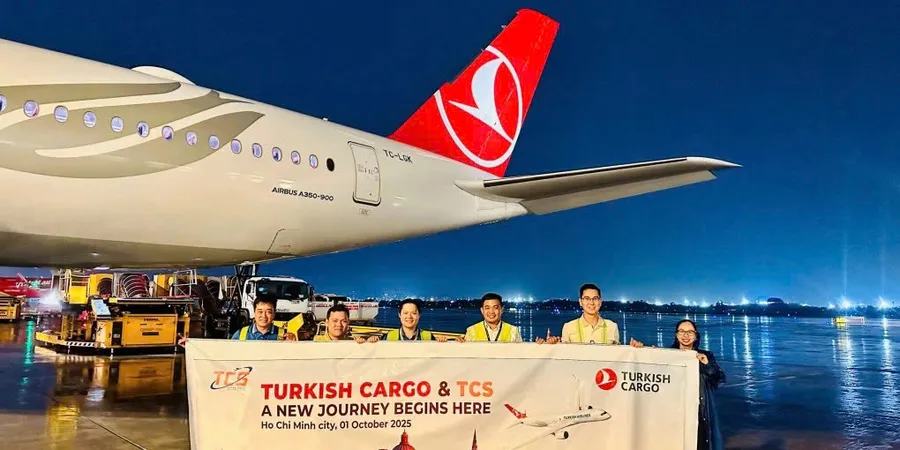MSC first carrier to fully adopt depot codes
MSC, the second-largest shipping company in the world, has fully adopted BIC Facility Codes (BFC) for all depots globally, moving one step further on the facilitation of the shipping industry's communications, as well as on digitalisation.
The Swiss carrier believes there is a lack of a common language throughout the industry, which leads to inefficiencies and time-wasting procedures, and consequently uncertainty or delays.
As a response to that, a standardised language brings simplicity, improves efficiency, and provides certainty for multimodal or multi-carrier transportation that allows for future growth opportunities, according to the company's statment.
In day-to-day interactions, this will lead to smoother communication, increased data accuracy, and a simpler process throughout, issued an MSC's report.
The transition process was completed across 2021 and now all of MSC’s depots are identifiable with a 9-character BFC, "just like airports worldwide that have the three-letter International Air Transport Association ( IATA) codes," explained the Swiss box line.
Andre Simha, Global Chief Digital and Information Officer for MSC, stated that the company "has been a vocal proponent of harmonising facility codes since the Digital Container Shipping Association (DCSA) was founded and has provided significant support to this project."
"Adopting the BIC Facility Codes is a great example of a variety of digital workstreams at MSC coming together to make strides for the digital future of shipping," noted Simha.
The BIC Facility Codes were created through a major harmonisation project conducted in November 2020 by the Bureau International des Containers (BIC), which manages the database and offers an open application programming interface (API), with the assistance of the Digital Container Shipping Association (DCSA).
Secretary General of BIC, Douglas Owen commented that "MSC has been laser-focused on ensuring 100% of its facilities worldwide have a BIC Facility Code assigned and that all MSC systems globally were updated to include the harmonised codes."
"The digital transformation of the container shipping industry is underway, and DCSA and its members are creating the framework for it," pointed out CEO of DCSA, Thomas Baggeand.
"Adopting baseline standards such as location code standards is a mandatory step in establishing an interoperable digital foundation that will simplify current complexities. Ultimately, customers, stakeholders and the entire industry will benefit," he claimed.
Source: Container News





